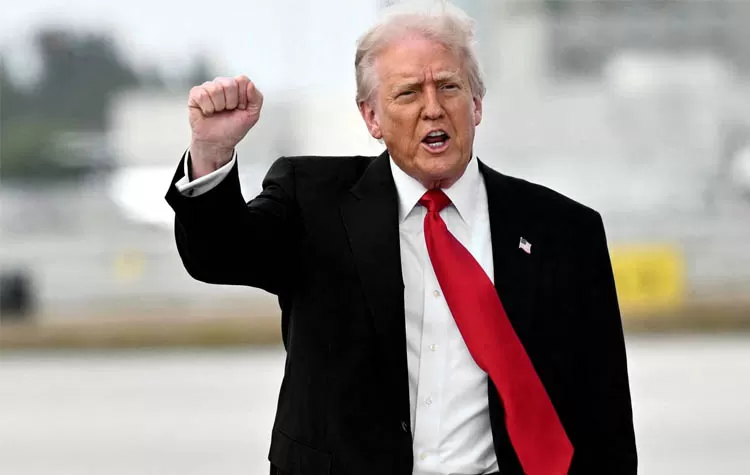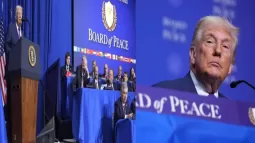
New Entry Ban Issued on 12 Nations
U.S. President Donald Trump, who was recently re-elected, has rolled out new immigration restrictions. On Wednesday, he signed a directive prohibiting citizens of 12 particular countries from entering the United States.
The countries impacted by this ban include: Afghanistan, Iran, Yemen, Myanmar, Chad, Congo, Equatorial Guinea, Eritrea, Haiti, Libya, Somalia, and Sudan.
Attack in Colorado Cited as a Reason
The ruling follows closely on the heels of a reported bottle bomb attack on Jews in Boulder County, Colorado. Trump mentioned it in his explanation for instituting the new bans.
Partial Ban on Seven More Countries
Along with the total ban, partial restrictions have been imposed on seven more countries. They are Burundi, Cuba, Laos, Sierra Leone, Togo, Turkmenistan, and Venezuela. The White House said these restrictions will come into effect from Monday.
Trump's Statement on National Security
In a video address, Trump explained that the recent Colorado attack had involved illegal foreign nationals. He insisted that such attacks pose domestic security threats. Commenting on previous attacks in Europe in 2017, he explained that the U.S. should not experience the same.
Trump proclaimed that immigration from nations classified as insecure would be halted. He specifically mentioned Yemen, Somalia, Haiti, and Libya among countries targeted by the new policy.
Foreign Leaders' Reactions
Venezuelan Minister Diosdado Cabello responded to the news. He commented that traveling in the U.S. is not safe for Venezuelans but also for citizens of any country. He also warned Venezuelan citizens against visiting the U.S.
Legal Challenges Expected
Legal experts predict that the new travel restrictions could be challenged in courts, since similar measures in the past had been challenged in courts.
Restrictions on Foreign Student Visas
Another executive order signed by Trump targets foreign students applying to Harvard University. He accused the university of hosting individuals who may not support U.S. interests. The U.S. State Department clarified that this new rule applies only to Harvard, not other universities.













